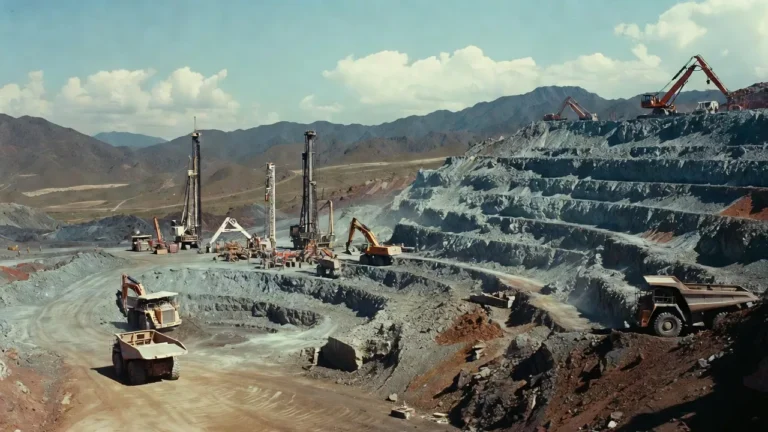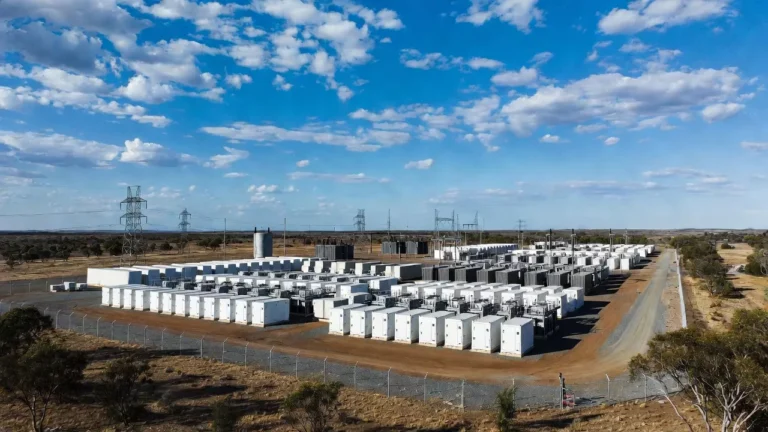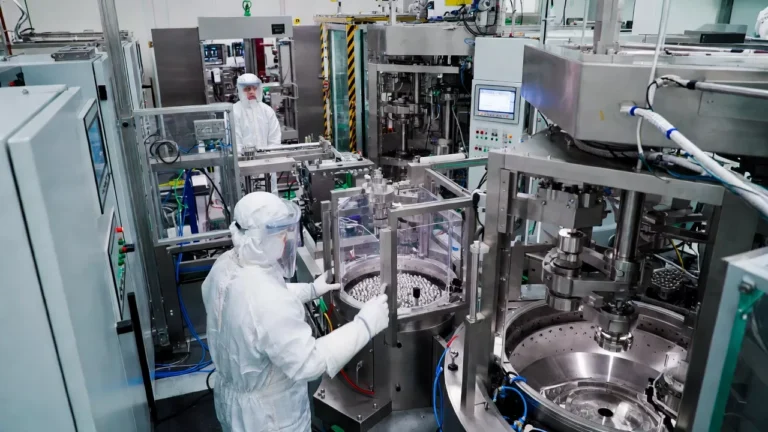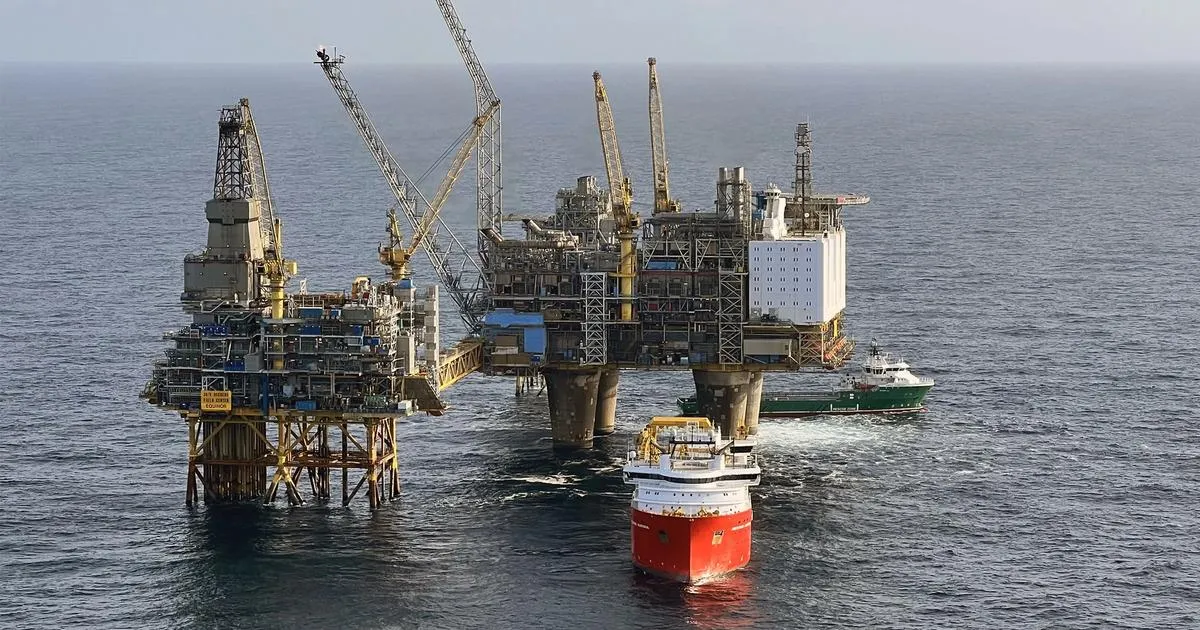
Equinor’s Expanding Impact: Ripple Effects from Norwegian Operations Reach Record Levels in 2024
Equinor, Norway’s state-backed energy giant, continues to play a vital role in both the national economy and local communities across the country. According to the latest report compiled by Kunnskapsparken Bodø (KPB), the company’s procurement of goods and services within Norway reached a remarkable NOK 142.6 billion in 2024, marking an increase from NOK 134 billion in 2023. This substantial economic footprint underscores Equinor’s deepening connection with Norwegian suppliers and communities.
A striking 93 percent of this procurement spending was channeled through Norwegian suppliers located in 260 municipalities across the country. The outcome: more than 85,000 full-time equivalent jobs supported by Equinor’s activities in 2024. These figures reflect not only the company’s broad economic reach but also its growing importance as a driver of employment and industrial stability in an evolving energy landscape.
A Backbone of the Norwegian Economy
“The report demonstrates extensive ripple effects and employment effects from Equinor’s activity in Norway,” said Kjetil Hove, Equinor’s Executive Vice President for Exploration and Production Norway (EPN). “The greatest ripple effects come from operating our fields and onshore facilities, which account for more than NOK 85 billion in deliveries.”
These operations form the backbone of Equinor’s domestic activity, sustaining a complex and far-reaching supply chain. This includes not just large-scale infrastructure and offshore platforms, but also maintenance, logistics, and advanced technology services sourced from local companies.
Hove emphasized that the Norwegian Continental Shelf (NCS), though in a mature phase, continues to offer opportunities for new discoveries and developments. “High levels of exploration activity and the maturing of new oil and gas resources are essential to ensure continued contributions to Norway’s economy,” he added.
In-Depth Analysis of the Supply Chain
KPB’s comprehensive analysis draws from a dataset of actual purchases from around 1,900 direct suppliers and thousands more sub-suppliers across nearly 300 sectors. This deep dive into the supply network reveals the breadth and diversity of the industrial ecosystem that Equinor helps support.
Development projects in 2024 accounted for more than NOK 36 billion in Norwegian deliveries, translating to over 20,000 full-time equivalent positions. Subsea development work emerged as the dominant contributor, representing 31% of the total. The Johan Castberg field, Equinor’s flagship development project of the year, was the single largest contributor, generating 26% of Norwegian deliveries.
Significant ripple effects also came from the company’s electrification initiatives, which comprised 23% of development-related deliveries. These projects not only support the transition to lower-emission operations on the NCS but also create important technological and engineering opportunities for Norwegian suppliers.
A Vision Toward 2035
Looking ahead, Equinor has laid out an ambitious roadmap for activity on the Norwegian Continental Shelf through to 2035. The plan includes the drilling of approximately 250 new exploration wells and the development of 600 more production wells. Additionally, it envisions the implementation of 75 new subsea developments, 3,000 interventions, 2,500 modification projects, and 50 low-pressure optimization initiatives.
“This robust activity level will require a cost structure that yields profitability,” said Hove. “Together with its partners and the supplier industry, Equinor must continue to work toward competitive solutions. If we succeed with this, we’ll be able to sustain long-term value creation on the NCS, as well as maintain strong energy deliveries to Europe.”
Equinor’s strategic ambitions reflect not only its commitment to economic stability but also to energy security and climate goals, particularly as Europe increasingly looks to Norway as a reliable partner in the energy transition.
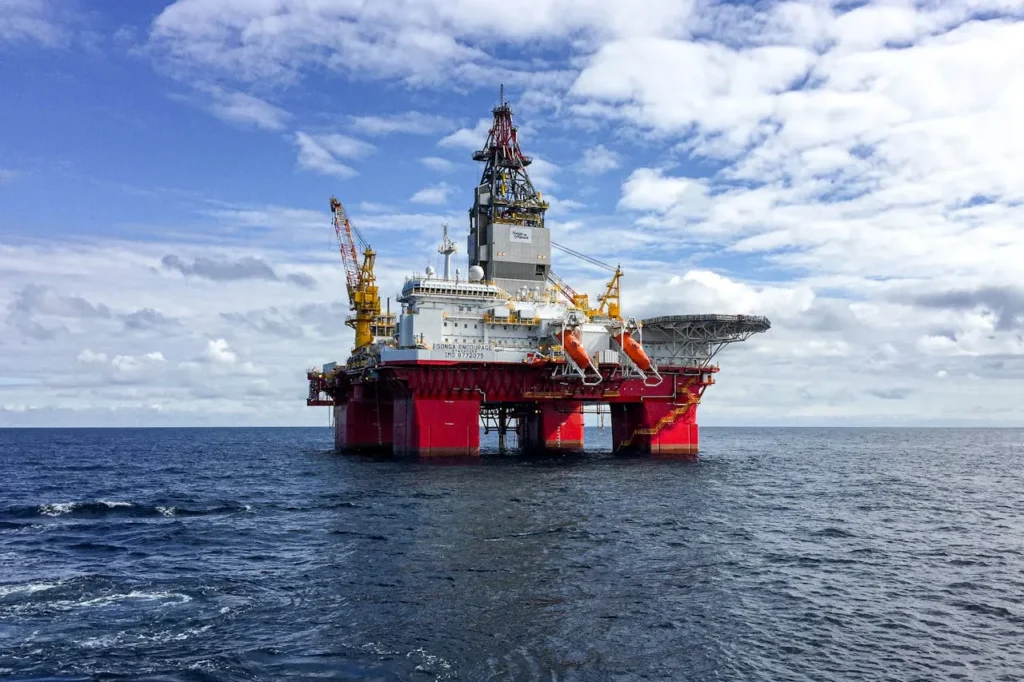
Strengthening Local Communities and Supplier Innovation
Equinor’s exploration activity alone generated deliveries worth NOK 10.8 billion in 2024—an increase of just over NOK 3 billion compared to the previous year. This sharp rise highlights the renewed momentum in exploration and the continued relevance of new discoveries to future energy systems.
The company’s widespread operations impact a broad range of communities across Norway. Per Steinar Stamnes, head of the union Styrke Norwegian Continental Shelf in Equinor, speaking on behalf of five major unions—Styrke, SAFE, Lederne, NITO, and Tekna—pointed out how significant the company is to local economies.
“Equinor’s activity generates work for suppliers all across the country, which demonstrates that this company is important for people and local communities,” Stamnes said. “The competition to secure important contracts and long-term supplier relationships also helps develop competence and innovation throughout the entire supplier industry.”
He noted that many of the supplier firms are small businesses and highly specialized in their respective fields. These companies have grown alongside Equinor, gaining expertise and a reputation for excellence. “We must continue to build on our strengths as an energy nation,” Stamnes added, highlighting the symbiotic relationship between Equinor and Norway’s energy-focused industrial base.
Low-Carbon and Renewable Projects Gaining Momentum
The 2024 ripple effects analysis also included a closer look at Equinor’s investments in renewable energy and low-carbon solutions. While still representing a relatively small portion of total procurement, these areas are growing in significance.
Norwegian suppliers delivered services worth NOK 170 million in connection with the operation of Hywind Tampen—the world’s first floating wind farm powering offshore oil and gas platforms—and the development of Northern Lights, the pioneering carbon capture and storage (CCS) project.
These investments represent Equinor’s broader strategic shift toward sustainability and innovation. By integrating renewables and low-carbon technologies into its business model, the company is not only responding to global environmental imperatives but also creating new opportunities for domestic suppliers to participate in cutting-edge developments.
A National Catalyst for Innovation and Growth
Equinor’s 2024 activities underscore its essential role in shaping the Norwegian energy landscape. Whether through conventional oil and gas operations, emerging renewable energy technologies, or large-scale electrification projects, the company is driving industrial activity, innovation, and employment across the country.
With a vision extending to 2035 and beyond, Equinor appears well-positioned to balance its legacy as a cornerstone of the Norwegian petroleum industry with its ambitions to lead in the global energy transition. The challenge will be to manage cost, competitiveness, and sustainability while ensuring that Norway continues to benefit from the ripple effects of Equinor’s presence—across every corner of the country.
By maintaining strong collaboration with suppliers, trade unions, and local governments, and by continuing to innovate, Equinor is not only securing its future but also contributing to Norway’s position as a global leader in responsible energy production and technology.





